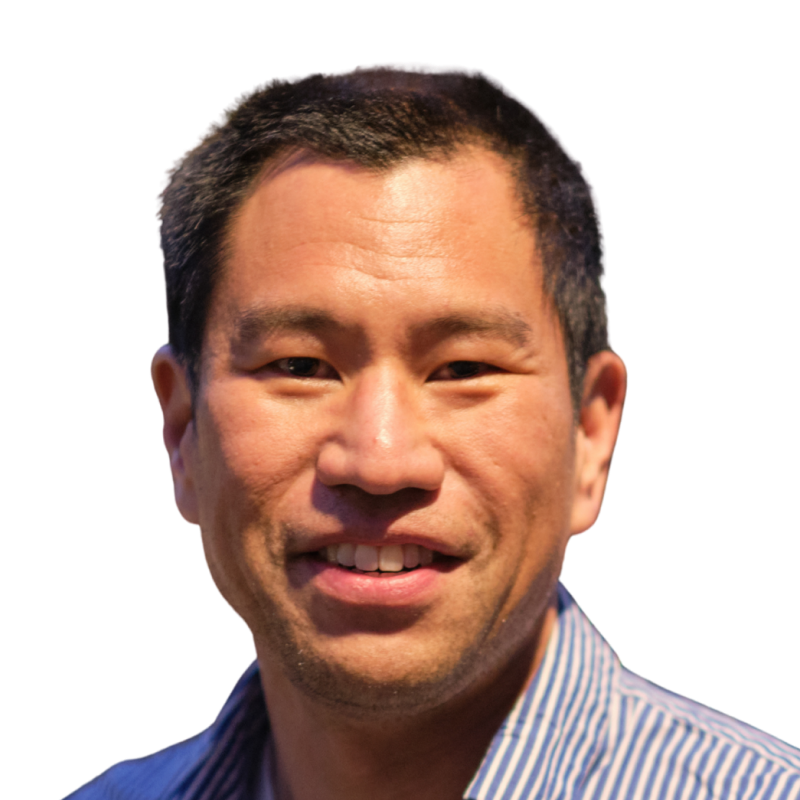Show Notes
Part 4 of 4 of our series with Jimmy Sastra, co-founder and CEO of Monomer Bio.
Host Jon Chee sits down with Jimmy to hear about his experience as a founder and leader.
Key topics covered:
- Fundraising as a flexible tool, not a necessity
- Merging real-world work with scalable tech
- Finding ways to push forward despite risk and uncertainty
- Advancing automation and autonomous science in the lab
- Balancing ambition, family, and new beginnings as a founder
If you enjoy The Biotech Startups Podcast, subscribe, leave a review, or share it with your friends. Thanks for listening!
Prefer video? Watch the full episode on YouTube:
Resources & Articles
- DARPA Grand Challenge: https://en.wikipedia.org/wiki/DARPA_Grand_Challenge
- AI Scientist Cell Culture Hackathon: https://luma.com/qe0vfc7b
- Waymo Autonomous Rides in San Francisco: https://waymo.com/rides/san-francisco/
- Charlie Munger’s Mental Models and Multidisciplinary Thinking: https://www.playforthoughts.com/blog/charlie-munger-improve-live-by-multidisciplinary-approach
Organizations & People
- Monomer Bio: https://www.monomerbio.com/
- Sandy Paige: https://www.linkedin.com/in/nathanielsandypaige/




